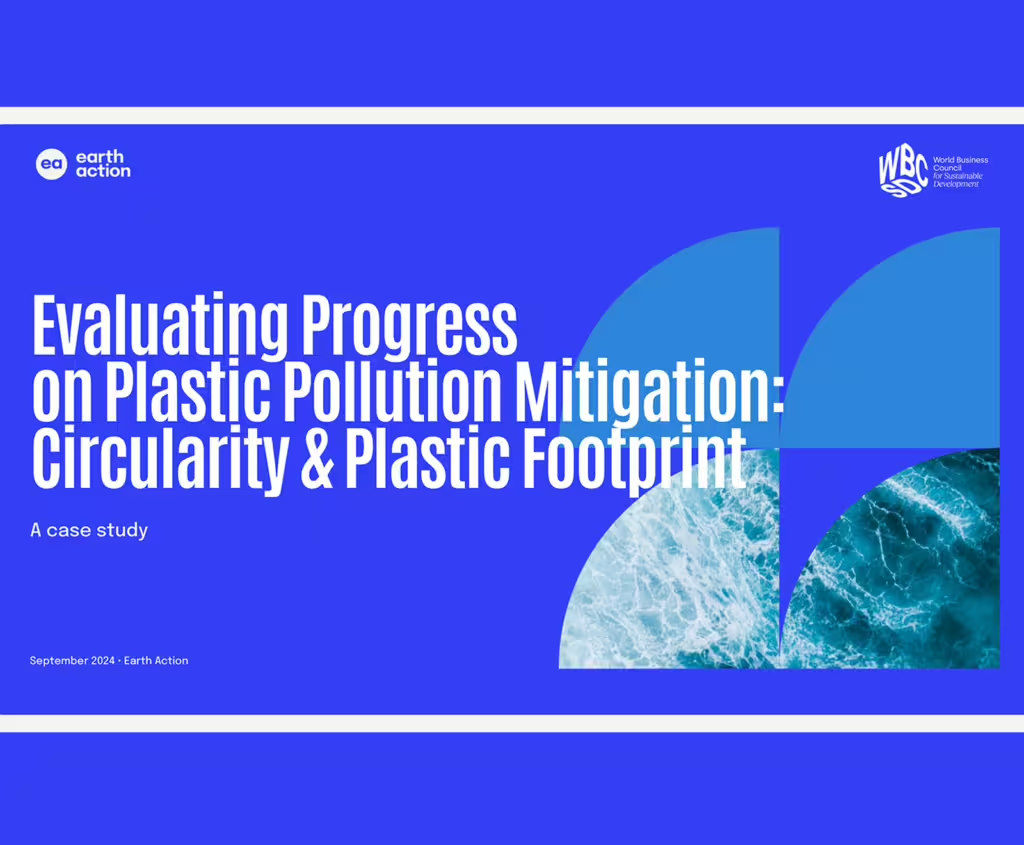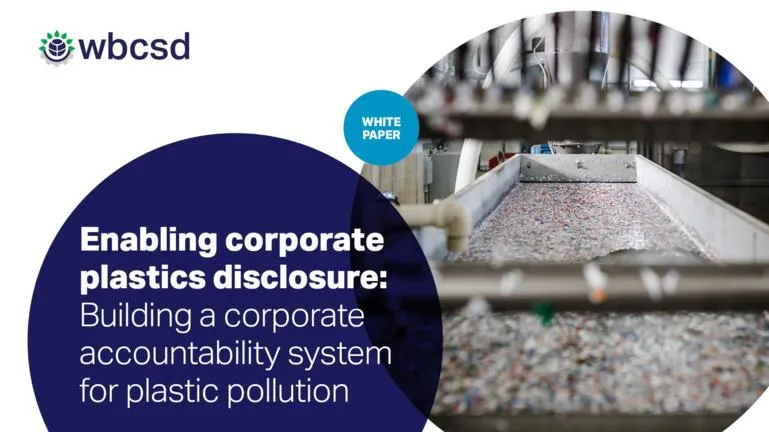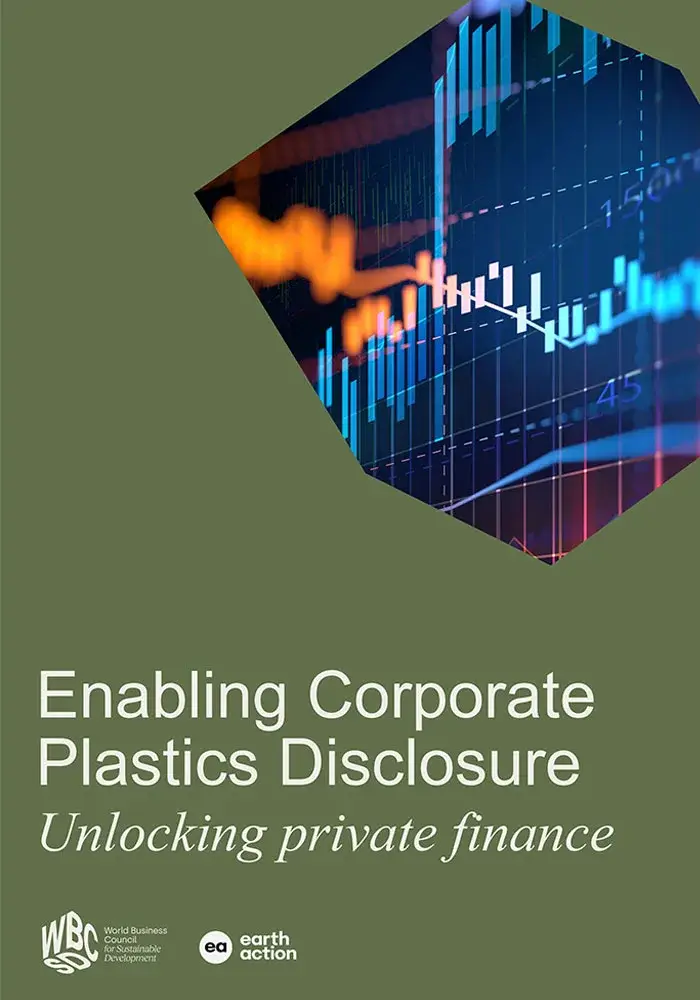A pivotal moment in the fight against plastic pollution is here.
From 25 November to 1 December 2024, global leaders will convene at the 5th Intergovernmental Negotiating Committee (INC-5) in Busan, Republic of Korea, to finalize a UN treaty on plastic pollution. Among the critical issues to address is how to mobilize the financing needed to implement this treaty effectively — and the role of private finance is central to this discussion.
This paper provides a comprehensive framework for how private finance can help transition to a circular economy for plastics and how the UN Treaty can enable this transformation.
What this paper covers
This report offers actionable guidance across three key areas:
For companies:
- How to understand and assess the impacts, risks, and opportunities related to plastics.
- Why corporate accountability and the disclosure of decision-useful information to financial markets are critical.
For financial markets:
- How to use corporate data to integrate plastic pollution risks and opportunities into financial decision-making.
- Strategies to drive sustainable investments and align portfolios with circular economy goals.
For policymakers:
- The enabling framework the UN Treaty should provide to support market shifts, such as:
- Supporting secondary plastics markets, Incentivizing innovation and investment
- Mandating corporate disclosure
Why this matters now
Plastic pollution is at a tipping point, with devastating impacts on the environment, economies, and communities. INC-5 offers a once-in-a-generation opportunity to address this crisis through a binding global treaty. However, without the alignment of businesses, financial markets, and policymakers, achieving a circular economy for plastics will remain out of reach.
This paper outlines how the UN Treaty can serve as a catalyst for market transformation by creating the right conditions to:
- Scale investment in circular solutions.
- Foster collaboration across sectors.
- Hold companies accountable through transparent reporting and disclosure practices.
Building on a proven approach
This paper marks the culmination of our Enabling Corporate Plastics Disclosure series, launched at the beginning of the INC process in 2022. By applying a double materiality approach to plastics reporting and disclosure, it provides the tools needed to unlock private finance and drive meaningful action. See also:
- Building a plastics protocol (November 2023);
- Opening the debate for the adoption of universal metrics (November 2022).
Download the full paper today to explore how your organization can play a role in ending plastic pollution and transitioning to a circular economy.
Outline
Related
Content

Evaluating Progress on Plastic Pollution Mitigation: Circularity & Plastic Footprint
12 September, 2024

Enabling corporate plastics disclosure: Building a corporate accountability system for plastic pollution
25 May, 2023

Enabling corporate plastics disclosure: Building a plastics protocol
3 November, 2023

